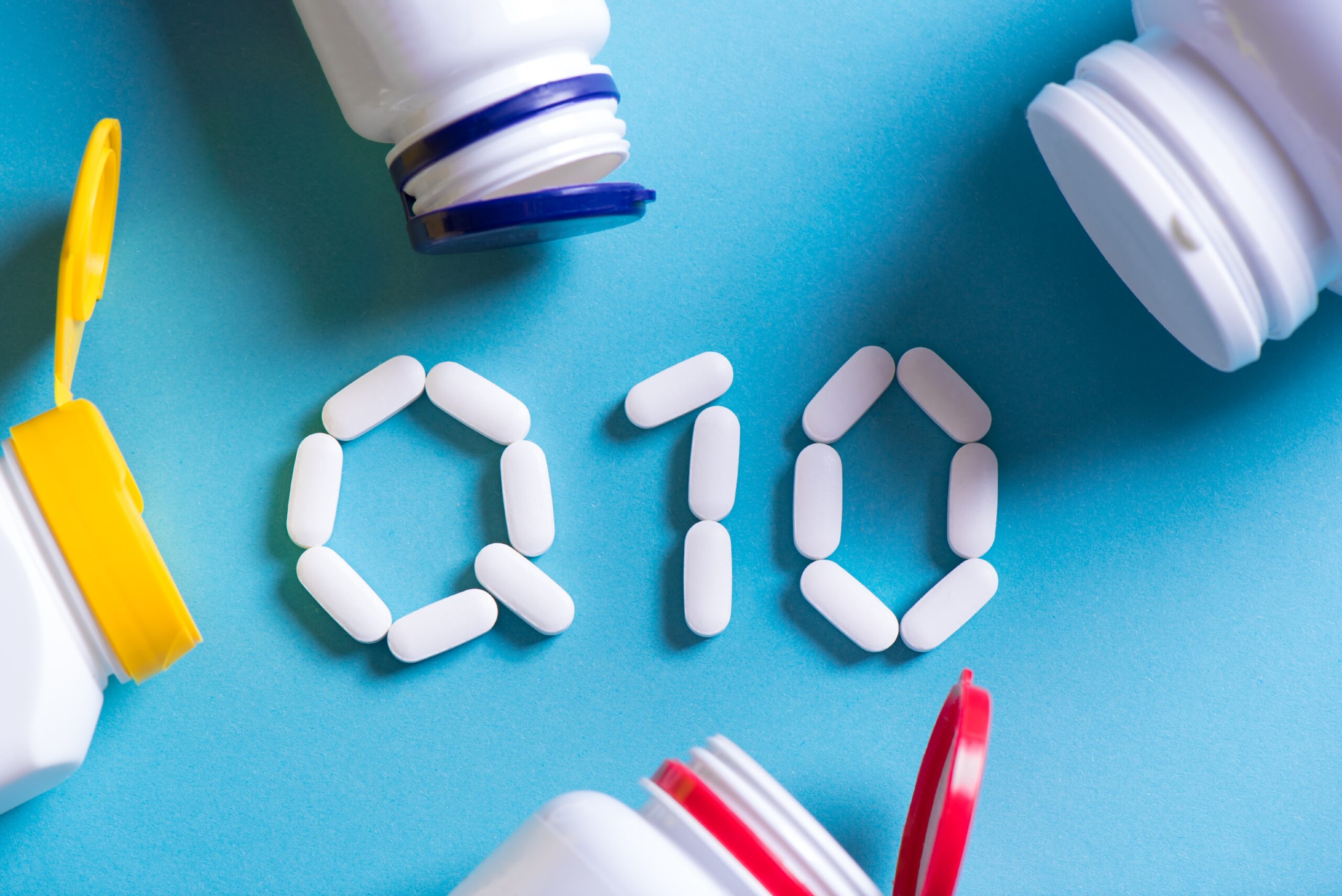Exploring the Role of Coenzyme Q10 Supplementation in Reducing Inflammation
Coenzyme Q10 (CoQ10), also known as ubiquinone, is a vital compound found in every cell of the body, playing a crucial role in cellular energy production and antioxidant defense mechanisms. Beyond its well-established role in cellular metabolism, emerging research suggests that CoQ10 supplementation may have anti-inflammatory properties, making it a potential therapeutic agent for reducing inflammation and mitigating associated health risks.
Inflammation is a complex biological response that plays a central role in the body’s defense against infection and injury. However, chronic inflammation has been implicated in the pathogenesis of various chronic diseases, including cardiovascular disease, diabetes, neurodegenerative disorders, and autoimmune conditions. Therefore, identifying safe and effective strategies to modulate inflammation is of great interest in the field of preventive and integrative medicine.
Several studies have investigated the anti-inflammatory effects of CoQ10 supplementation in both animal models and human clinical trials. CoQ10 acts as a potent antioxidant, scavenging free radicals and reducing oxidative stress, which is a key driver of inflammation. By neutralizing reactive oxygen species and inhibiting lipid peroxidation, CoQ10 helps prevent cellular damage and modulate inflammatory signaling pathways.
Furthermore, CoQ10 has been shown to regulate the expression of pro-inflammatory cytokines, such as interleukin-6 (IL-6), tumor necrosis factor-alpha (TNF-alpha), and interleukin-1 beta (IL-1β), which play pivotal roles in orchestrating the inflammatory response. By suppressing the production and release of these inflammatory mediators, CoQ10 helps attenuate inflammation and mitigate tissue damage in various disease states.
Research also suggests that CoQ10 may exert protective effects on specific organs and systems that are particularly vulnerable to inflammation-related damage. For example, studies have demonstrated the potential of CoQ10 supplementation to reduce inflammation in the cardiovascular system by improving endothelial function, reducing oxidative stress in the arterial wall, and inhibiting the formation of atherosclerotic plaques.
In addition to its direct anti-inflammatory effects, CoQ10 may indirectly modulate inflammation by enhancing mitochondrial function and cellular energy production. Mitochondrial dysfunction and bioenergetic deficits have been implicated in the pathogenesis of inflammatory conditions, and restoring mitochondrial health with CoQ10 supplementation may help rebalance cellular metabolism and dampen the inflammatory response.
While the evidence supporting the anti-inflammatory effects of CoQ10 is promising, further research is needed to elucidate the optimal dosage, formulation, and duration of supplementation for different inflammatory conditions. Moreover, the potential interactions between CoQ10 and other medications or supplements should be carefully considered, particularly in individuals with underlying health conditions or taking multiple medications.
It is also important to recognize that CoQ10 supplementation should not be viewed as a standalone treatment for inflammatory disorders but rather as part of a comprehensive approach that includes dietary and lifestyle interventions, regular physical activity, stress management, and appropriate medical therapy when indicated. Integrating CoQ10 supplementation into a holistic wellness plan may help synergize its anti-inflammatory effects and promote overall health and well-being.
In conclusion, Coenzyme Q10 supplementation holds promise as a natural and safe adjunctive therapy for reducing inflammation and mitigating the risk of chronic disease. By virtue of its antioxidant, anti-inflammatory, and mitochondrial-supporting properties, CoQ10 has the potential to modulate inflammatory pathways, protect against tissue damage, and promote cellular health. However, further research is warranted to fully elucidate the therapeutic potential of CoQ10 in the management of inflammatory conditions and optimize its clinical application.
